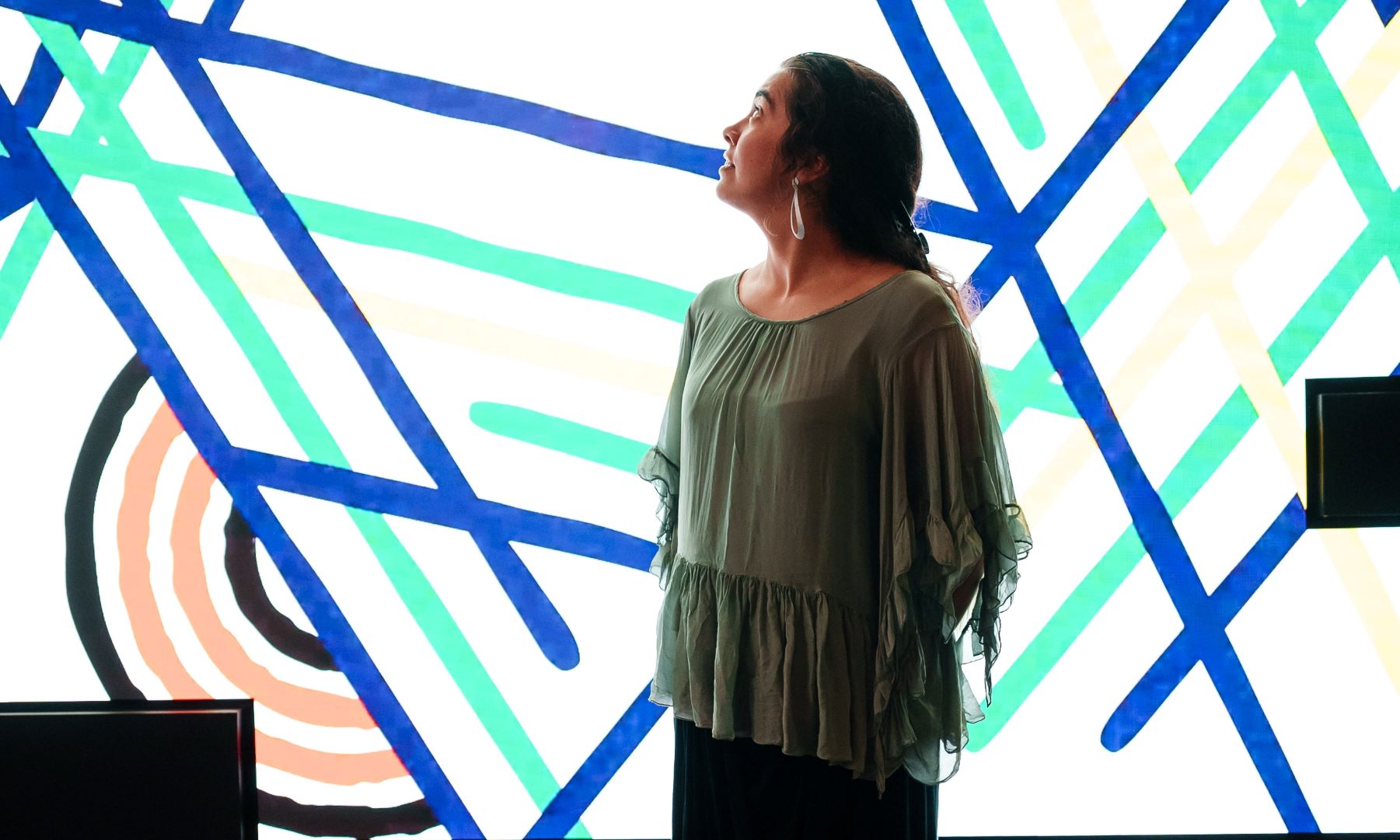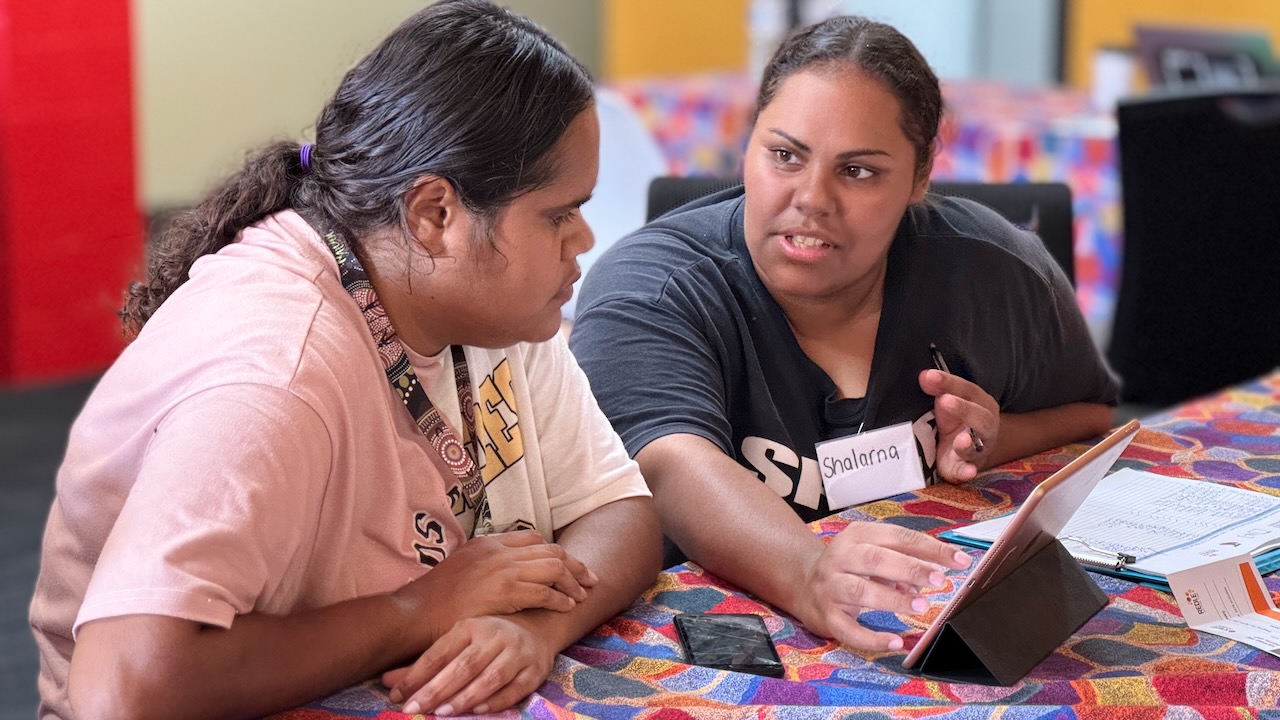More than just waste
The submission highlighted how Victoria's recycling crisis is but one symptom of how unsustainable our linear waste economy is, but not the issue itself.
"To release a circular economy plan that focuses almost solely on that issue shows a complete misunderstanding of how much more circular economies can achieve than a sustainable recycling industry," Dr Iyer-Raniga says.
Victoria lags behind many European countries and some other Australian states in implementing systems for value-adding and up-cycling, in supporting new industries and economic opportunities, and promoting increased wellbeing and social connection measures as part of a circular economy design.
Bringing people together is what makes circular economies happen
"Circular economies are about people coming together to find the sweet spot - the coffee cup recycler who makes napkins, the university who gives unwanted computers to schools in developing countries, the cafe that uses vegetables unwanted by major supermarkets because they're odd shaped, fashion designers embracing more sustainable materials such as recycled cotton and polyester, wood fibres and natural rubber," Dr Iyer-Raniga says.
"To find these sweet spots, where everyone wins at no cost to the system, entrepreneurs and industry need to be brought together: collaborative spaces, roundtables, living labs and online virtual innovation hubs," Dr Iyer-Raniga says.
"This is what the EU experience shows us, that creating these forums is a crucial part of what governments must do to support circular economies, yet any provision or even discussion of this in the Victorian government's plan is completely absent."
Engage the youth
The research also shows it's not just engagement with industry and entrepreneurs, but also young people that is critical, the group points out.
"Recognising this, UN has just released Sustainable Development Goals emojis and cartoon characters to engage children on these issues," Dr Iyer-Raniga says.
"What does our government plan to do to engage young people, or any people, on these transformative behaviour change programs?"
"Again, totally silent, despite the evidence showing reform and behaviour change simply do not happen without engagement."
A major opportunity, will it be missed?
Dr Iyer-Raniga says the government should be applauded for releasing its circular economy discussion paper, and for committing to implement a plan from that with $37 million over three years.
"However, these issues are glaring omissions that threaten to undermine the whole process, lock in short term thinking and define circular economies as a failed experiment for years to come," she says.
Story: Michael Quin
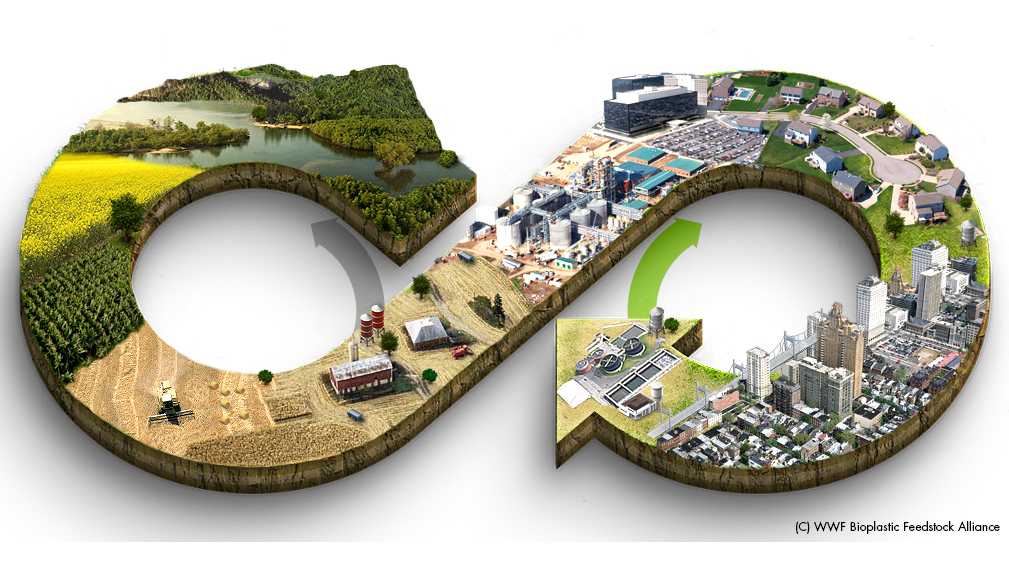
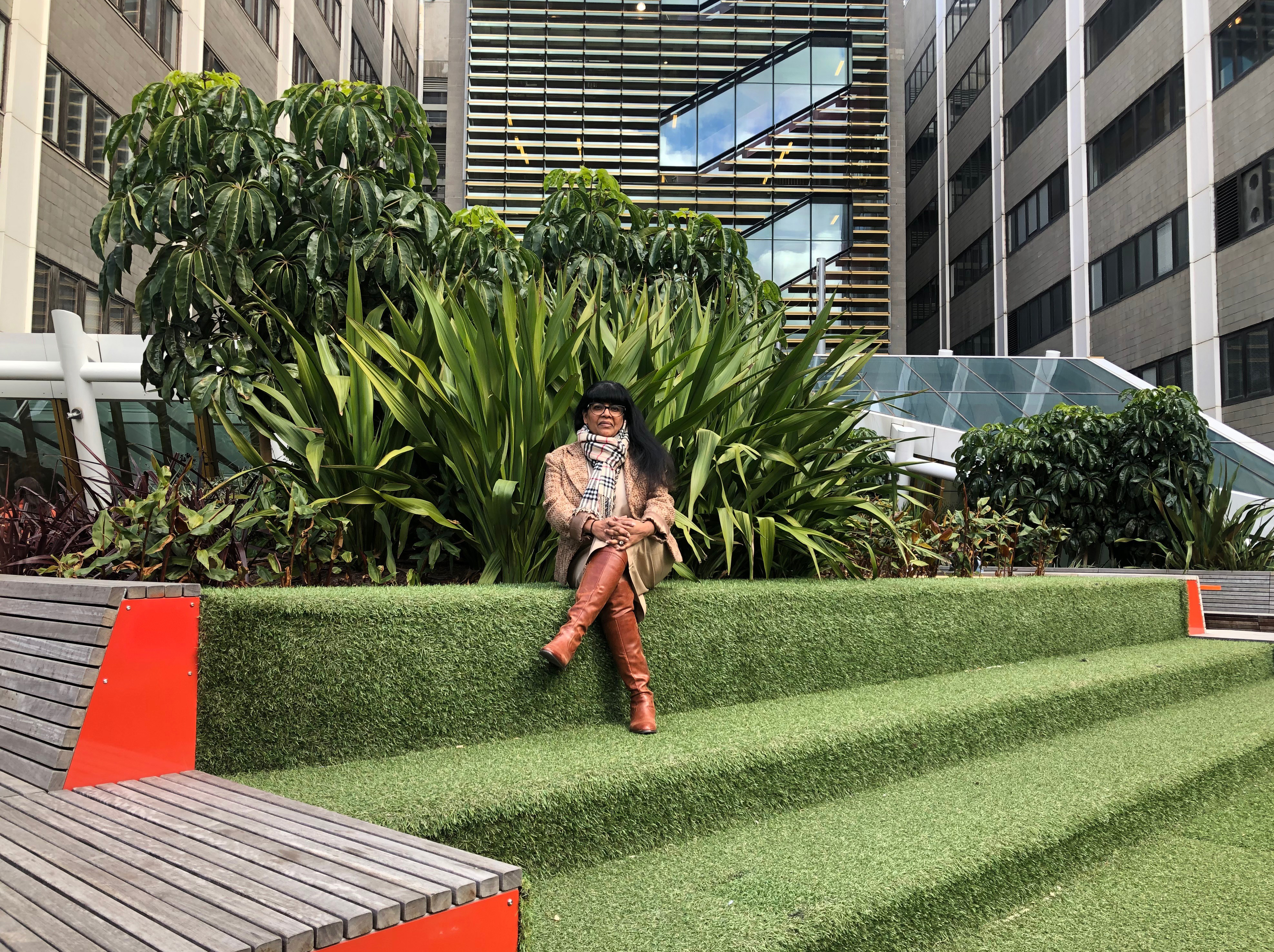
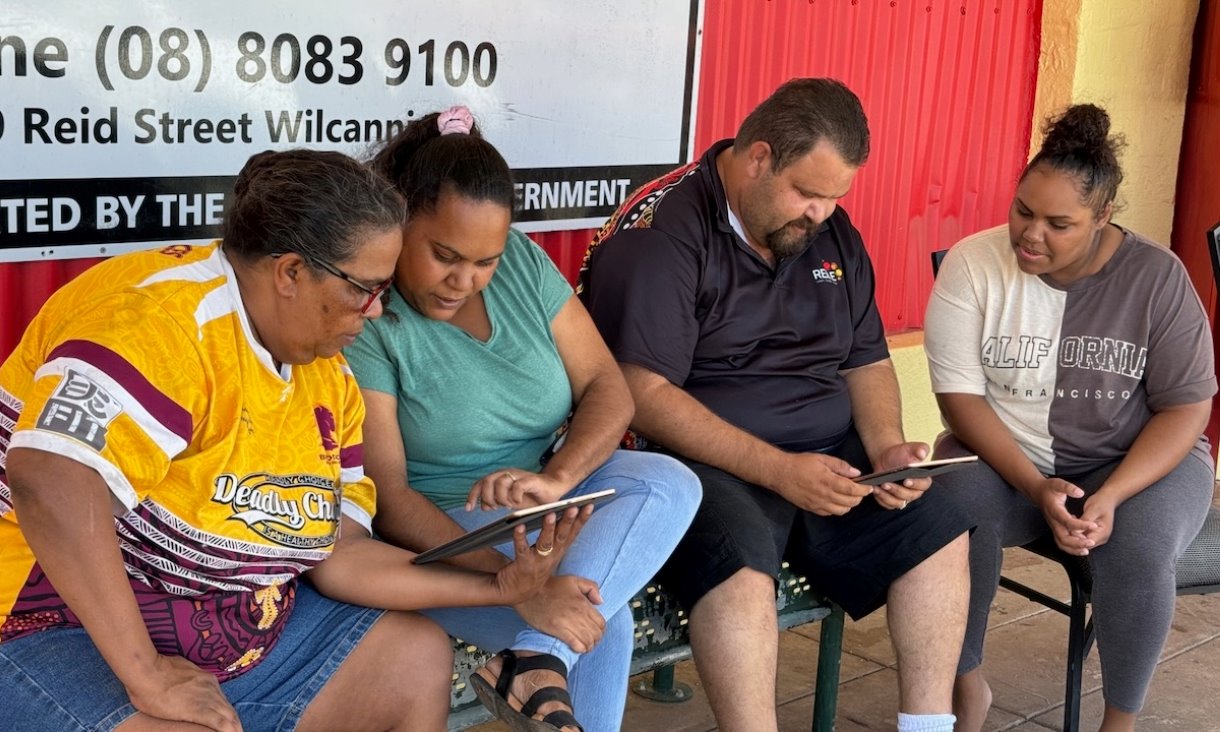
.jpg)
